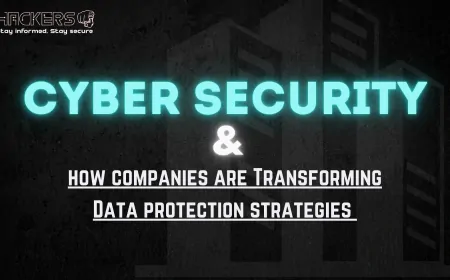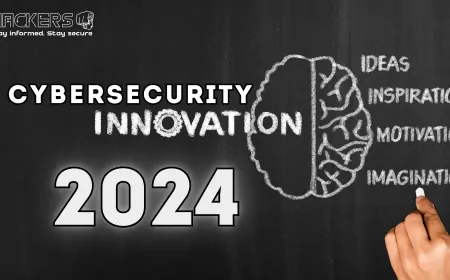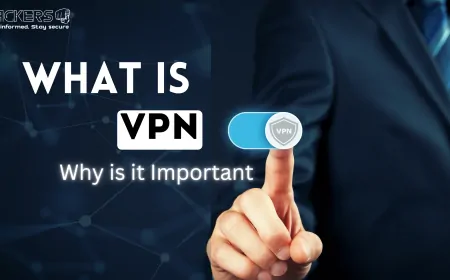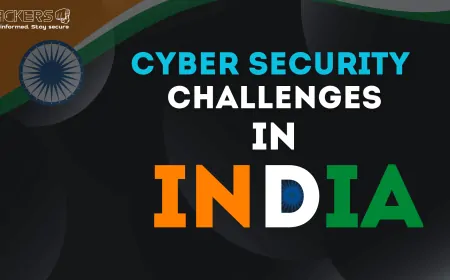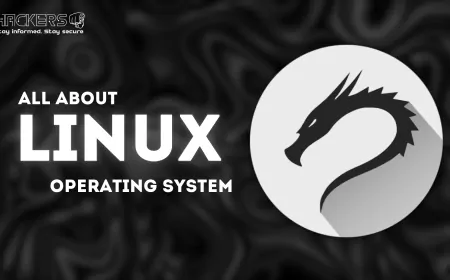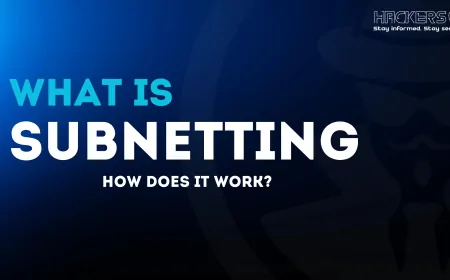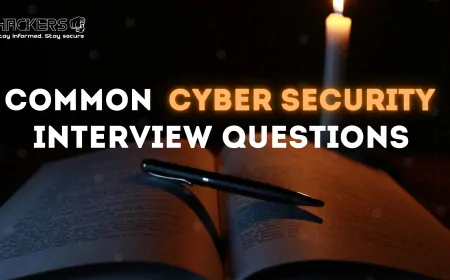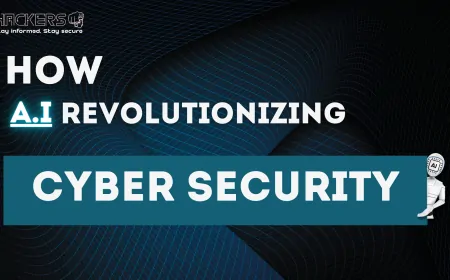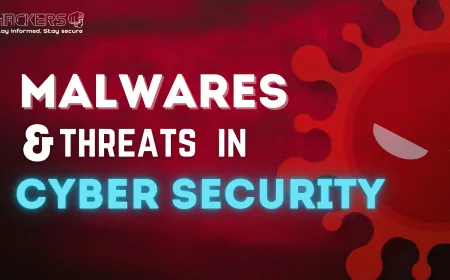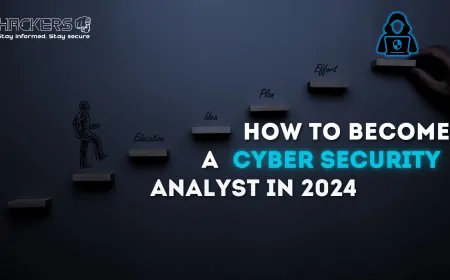The Rise of Cloud Security Why It’s Critical in Today’s Cyber Landscape
Explore why cloud security is essential in today’s cyber landscape. Learn about key threats, the importance of data protection, and strategies like Zero Trust, multi-factor authentication, and Cloud Security Posture Management (CSPM) to keep your data safe in 2024.
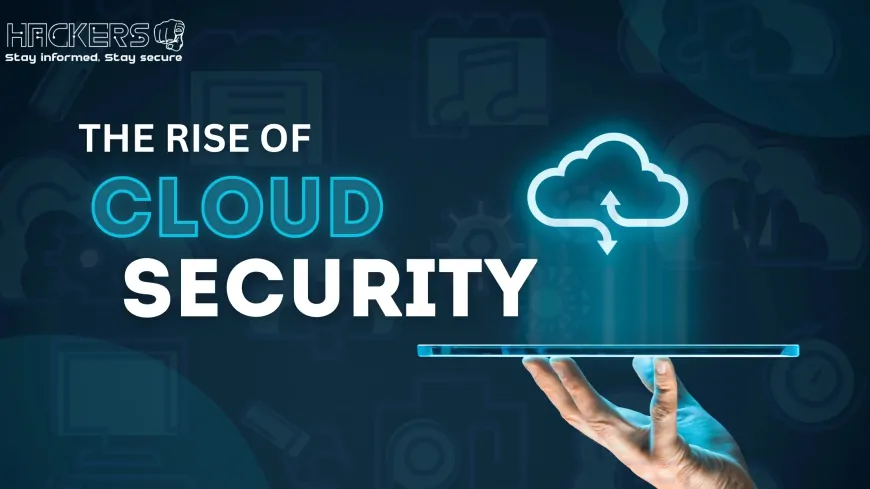
Introduction
Cloud adoption is accelerating across industries, bringing flexibility, scalability, and remote accessibility to organizations and individuals alike. With cloud technology playing a vital role in data storage, collaboration, and resource management, its widespread usage also attracts cyber threats.
1.The Increasing Importance of Cloud Security
As cloud services become central to business operations, securing these environments is critical. Threat actors often target cloud platforms due to the large amounts of sensitive data stored, making robust cloud security a fundamental part of modern cybersecurity strategies.
2. Understanding Cloud Security and Its Evolution
a) What is Cloud Security?
Cloud security encompasses tools, policies, and protocols that protect data, applications, and services in cloud environments. It includes measures like data encryption, network security, and identity management to safeguard against unauthorized access and threats.
b) How Cloud Security Has Evolved
Initially, cloud security focused on basic data protection. However, as cloud usage grew, so did cyber threats, leading to advanced solutions like multi-factor authentication (MFA), continuous monitoring, and AI-driven threat detection.
c) Why Cloud Security is More Important Than Ever
Cloud environments are increasingly complex, with hybrid and multi-cloud setups becoming standard. The rise in remote work and data regulations also requires companies to adopt strong security practices to ensure data privacy and compliance.
3. Key Reasons Why Cloud Security is Critical in Today’s Cyber Landscape
a) Growing Cyber Threats Targeting Cloud Environments
Explain the specific cyber threats that target cloud environments, such as malware, ransomware, and data breaches.Discuss how cloud environments are an attractive target for attackers due to the volume of valuable data stored and processed.
b) Data Privacy and Regulatory Compliance
Highlight the importance of cloud security in meeting data protection regulations like GDPR, HIPAA, and CCPA.Describe how inadequate cloud security can lead to compliance violations and substantial fines.
c) Protection Against Data Loss and Downtime
Emphasize the need for cloud security to prevent data loss, accidental deletions, and service disruptions.Discuss the role of cloud security in maintaining business continuity and safeguarding sensitive information.
4. Essential Components of a Strong Cloud Security Strategy
a) Data Encryption and Encryption Key Management
Explain how data encryption helps protect sensitive information both at rest and in transit.Describe the importance of managing encryption keys securely to prevent unauthorized access.
b) Multi-Factor Authentication (MFA) and Access Management
Emphasize the role of MFA in securing access to cloud accounts.Explain Identity and Access Management (IAM) for controlling who has access to cloud resources and data.
c) Network Security and Firewalls for Cloud Protection
Discuss how cloud-based firewalls and intrusion prevention systems (IPS) help monitor and protect against suspicious activities.Explain the importance of securing cloud networks to prevent unauthorized access and malware.
5. Future Trends in Cloud Security
a) AI and Machine Learning in Cloud Security
Explain how artificial intelligence (AI) and machine learning (ML) are being integrated into cloud security to detect threats faster and more accurately.
b) Zero Trust Security Model
Introduce the concept of Zero Trust and how it’s gaining traction as a cloud security model.Explain how Zero Trust enforces strict access controls and assumes that every request, inside or outside the network, could be a potential threat.
c) Privacy Enhanced Computing
Discuss emerging technologies focused on protecting data privacy, like privacy enhanced computation (PEC).Explain how these technologies can provide better privacy in cloud environments.
Conclusion
Summarize why cloud security is a top priority in today’s cyber landscape.Reiterate the importance of implementing a comprehensive cloud security strategy to protect data, ensure compliance, and enable safe digital transformation.Encourage businesses and individuals to stay updated on the latest cloud security trends and tools for maximum protection.
(FAQs)
1. What is cloud security, and why is it important?
Answer: Cloud security refers to a range of practices, technologies, and policies used to protect cloud-based data, applications, and infrastructure. It’s crucial because it safeguards sensitive information from unauthorized access, cyber threats, and data breaches in an era of growing cloud adoption.
2. How does cloud security differ from traditional IT security?
Answer: Traditional IT security focuses on protecting on-premises data and systems, while cloud security centers around securing data and applications that reside in off-site cloud servers, managed by third-party providers. This requires additional layers of protection, like secure access controls and monitoring across multiple locations.
3. What are the most common threats to cloud security?
Answer: Common threats include data breaches, ransomware attacks, insider threats, misconfigurations, and malware. These threats are particularly challenging in the cloud due to the distributed and shared nature of cloud environments.
4. How does cloud security help with regulatory compliance?
Answer: Cloud security practices help organizations meet regulatory requirements (such as GDPR, HIPAA, and CCPA) by implementing data encryption, secure access controls, and compliance reporting, reducing the risk of non-compliance penalties.
5. Can small businesses benefit from cloud security?
Answer: Absolutely,Cloud security can protect small businesses from cyber threats, help maintain compliance, and prevent costly data breaches. Cloud providers often offer scalable security options that fit the needs and budgets of smaller organizations.
6. What is the Zero Trust model, and how does it apply to cloud security?
Answer: The Zero Trust model is a security framework that assumes no entity, whether inside or outside the network, should be trusted by default. For cloud security, this means strict identity verification and access controls are applied across all users, applications, and devices to prevent unauthorized access.
7. How can AI and machine learning enhance cloud security?
Answer: AI and machine learning can analyze vast amounts of data in real time to detect anomalies and potential threats. They enhance cloud security by identifying unusual patterns, predicting future threats, and allowing for faster response times to minimize damage.
8. Is multi-factor authentication (MFA) necessary for cloud security?
Answer: Yes, MFA is a critical layer of protection in cloud security, ensuring that even if a password is compromised, an additional verification step is required. This significantly reduces the risk of unauthorized access to cloud accounts and sensitive data.
9. What is Cloud Security Posture Management (CSPM), and why is it important?
Answer: CSPM refers to a set of tools that continuously monitor cloud environments to ensure security compliance and reduce the risk of misconfigurations, which are a common vulnerability in cloud security. CSPM is essential for maintaining consistent security practices across cloud platforms.
10. How can companies stay updated on the latest cloud security trends?
Answer: Companies can stay informed by following cybersecurity news, attending industry webinars, participating in cloud security forums, and collaborating with security experts. Partnering with cloud providers who prioritize security innovation also ensures access to the latest protections and updates.
What's Your Reaction?










